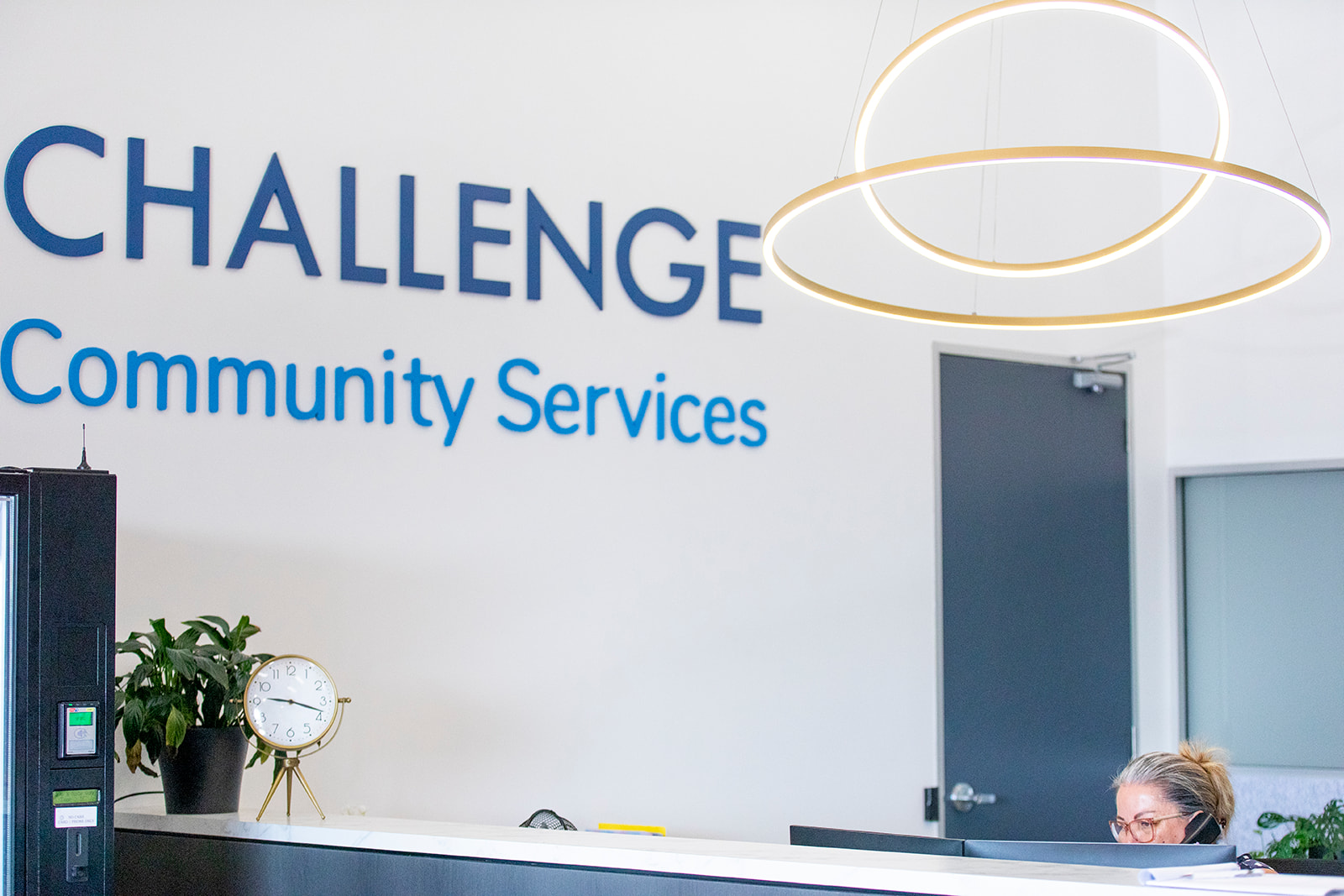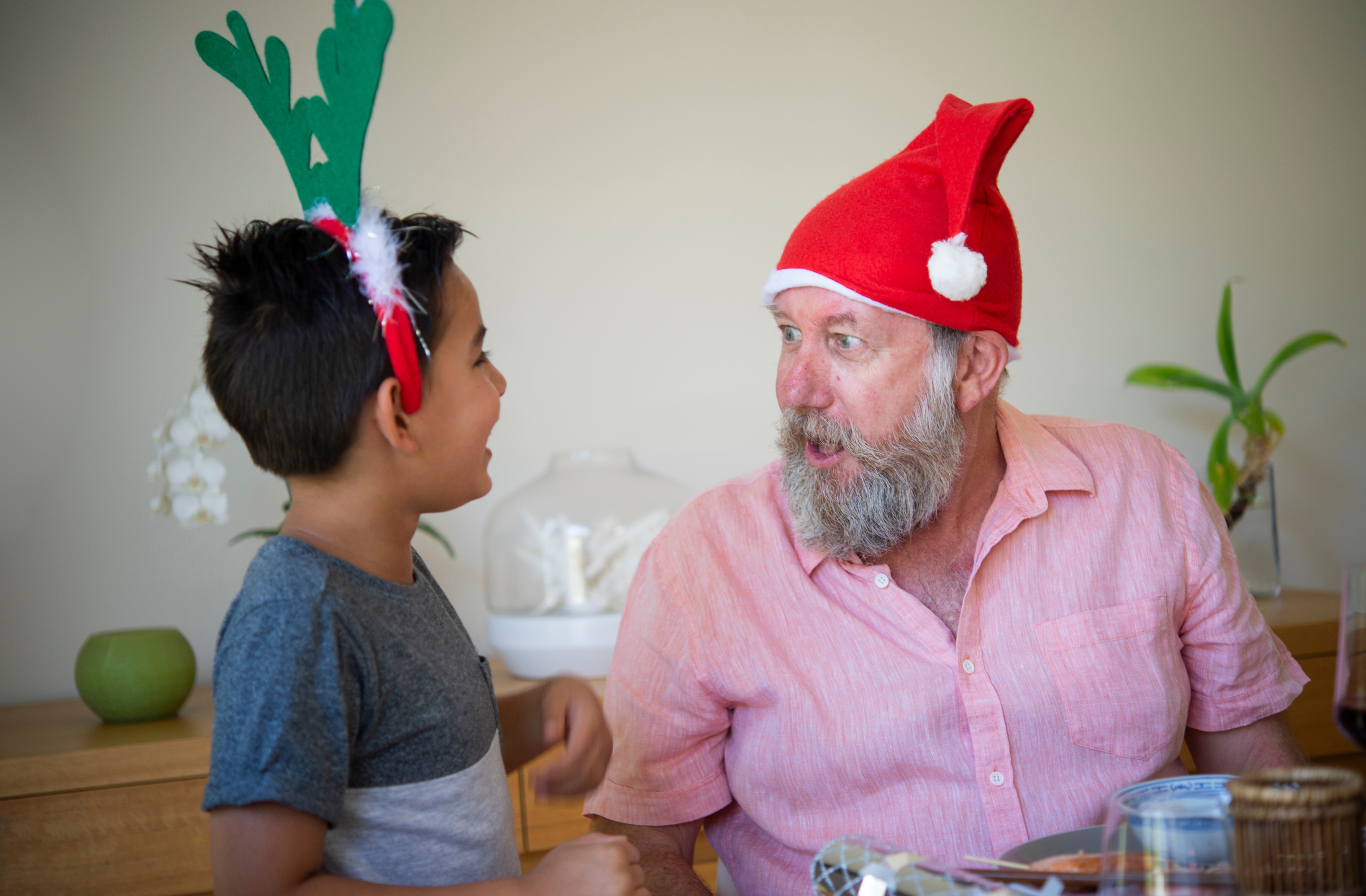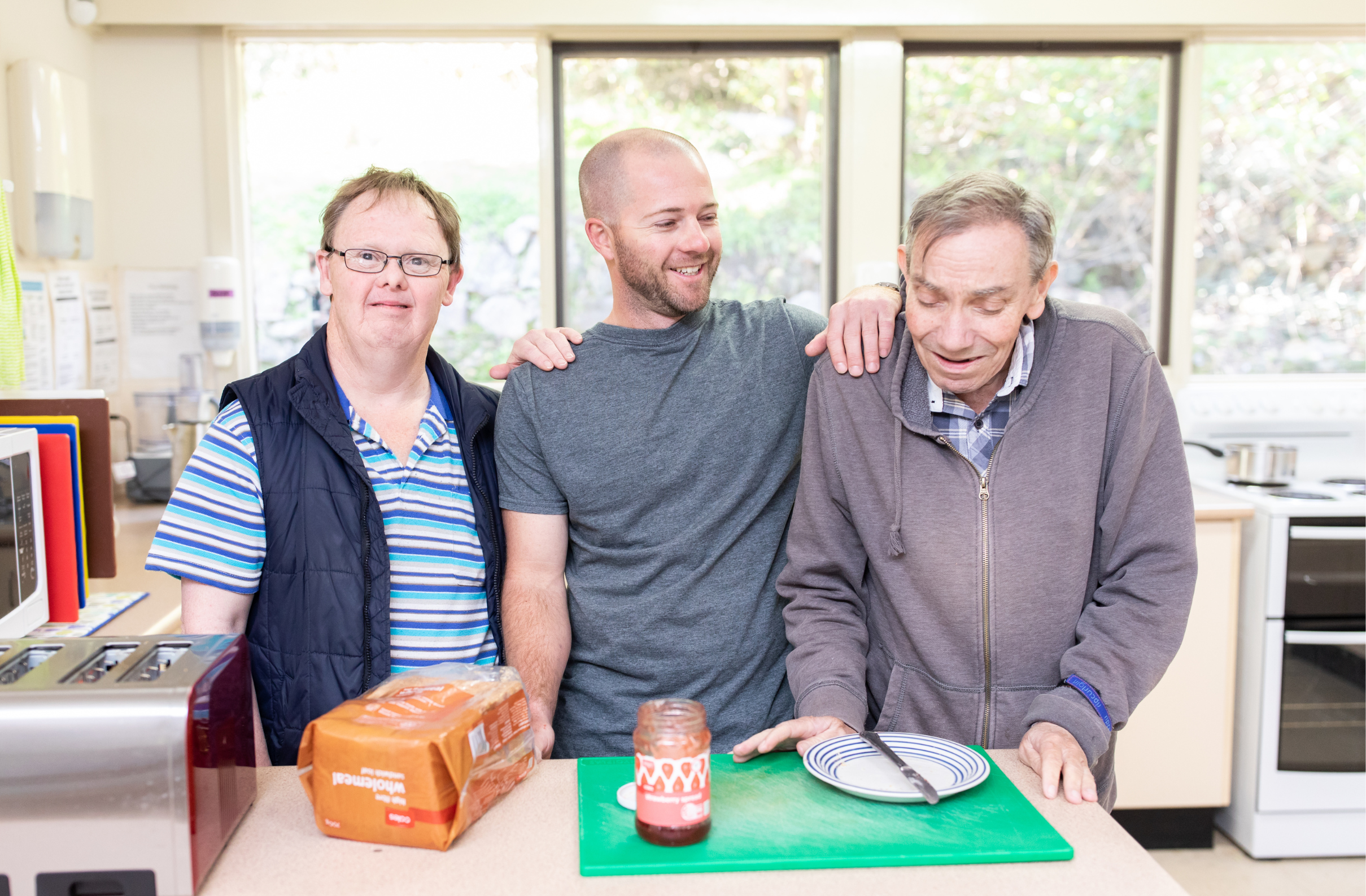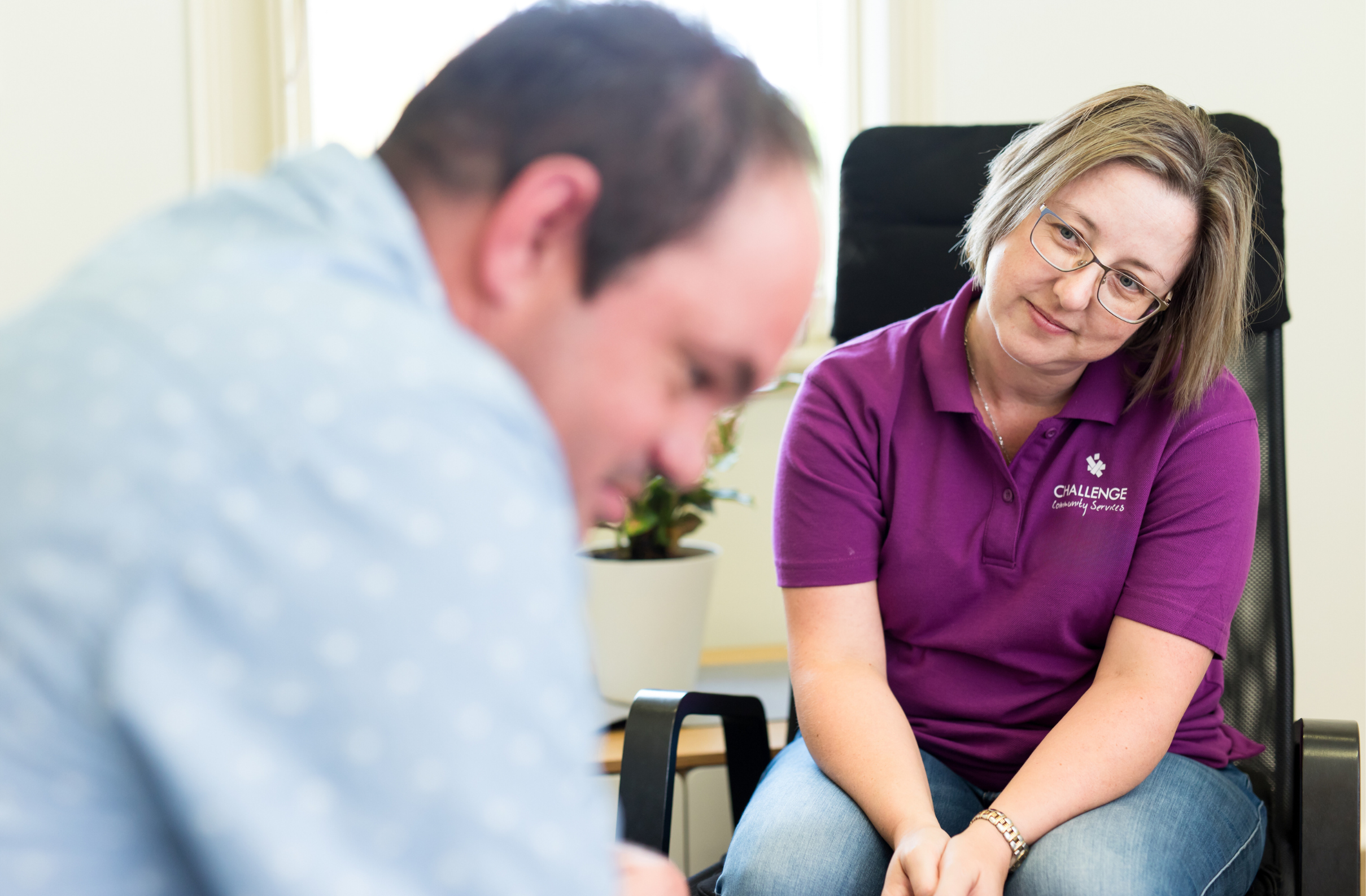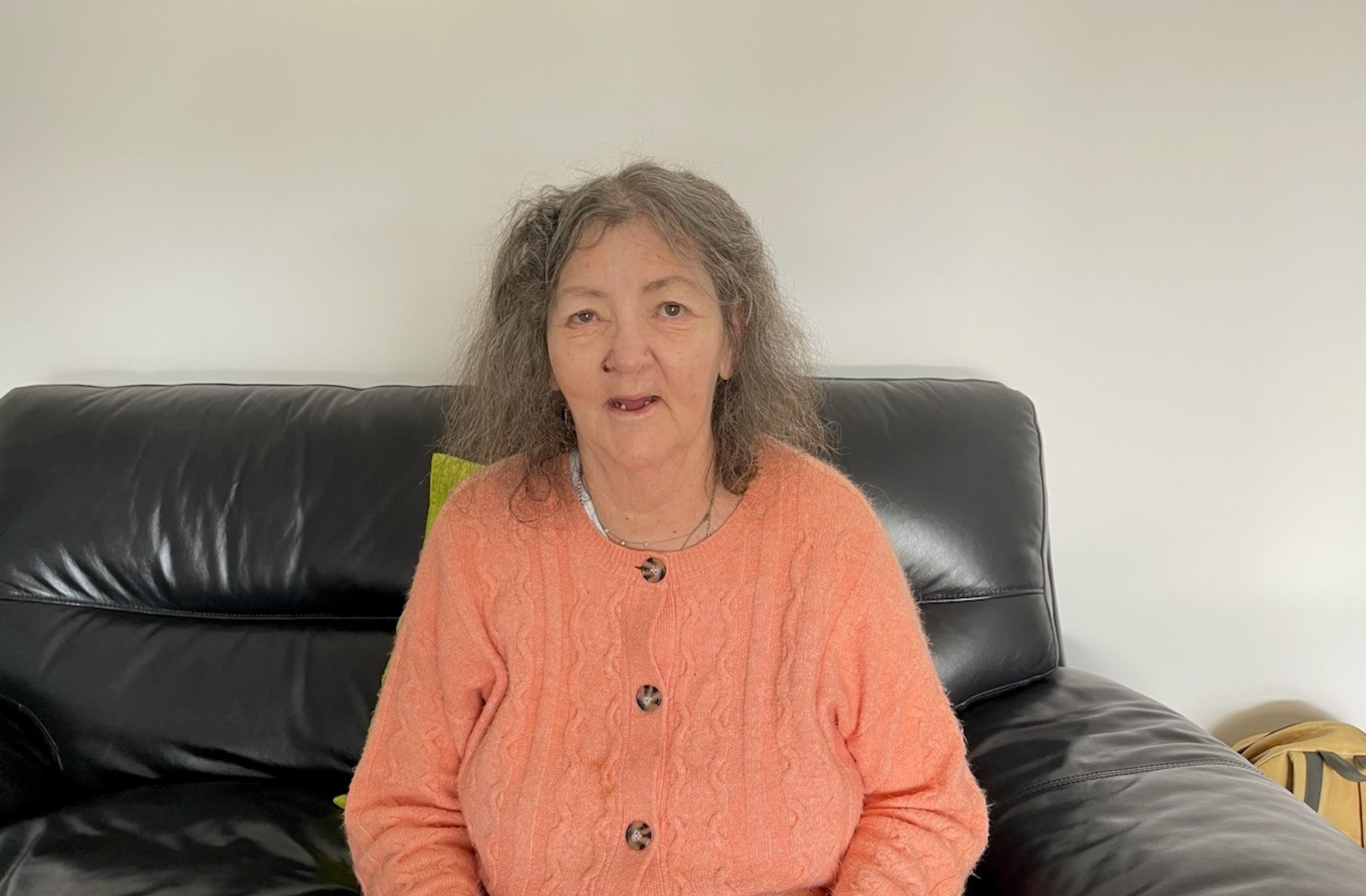Stella* was a little girl facing multiple psychological and physical challenges, and an uncertain future. When they put up their hands to help, foster carers Liz and Harry knew they were not signing up for an easy ride. But there were a few surprises even they didn’t expect.
Originally Stella was to stay with Liz* and Harry* and their two children Hannah* (now 11) and Max* (9), for a week before being restored to Stella’s grandmother. But it was soon confirmed the restoration was not going ahead.
Hanging in there when the going got tough
Even though Stella was almost three years old when she came to Liz and Harry, she was developmentally more like a 12-month old. ‘She couldn’t recognise the difference between food and other objects, and didn’t make eye contact,’ said Liz. ’She also couldn’t bear to be touched and would push us away, even when she needed comforting.’
Liz and Harry contacted Challenge Therapeutic Services for advice and took Stella to paediatricians, speech therapists and occupational therapists in search of answers. At that time, no one could pinpoint exactly what was causing Stella’s severe speech and developmental delay. The medical professionals suspected emotional trauma. No one could say whether Stella would get better.
Taking a leap of faith
Stella was later diagnosed with multiple health issues including ADHD, a mild intellectual disability, reactive attachment disorder and high sensory processing disorder.
‘Some days are great but she can still suddenly flip,’ said Liz. ‘Something as ordinary to us as the sensation of dripping wet hair on her skin, can make her scream blue murder. She’ll roll around on the floor or lash out at whoever is nearby. Nothing comforts her. The only thing then is to try to hang in there with her, wrap her snug in a sheet and hold her, then wait for the storm to pass.’
Liz felt strongly that a permanent home for Stella would make a big difference with her recovery from the previous emotional trauma. Stella had been with the family for four years when Liz and Harry decided to legally adopt her.
Not knowing how they would feel when they became Stella’s permanent carers, adoption was a big step. ‘Our Challenge caseworker guided us through the process and helped us with all the paperwork. The actual day in court was stressful for everyone, but once the adoption went through, we felt a weight off our shoulders. Before the adoption was finalised we had thought the permanency of adoption might feel a greater responsibility for us. We actually felt a little lighter and relieved to be her permanent parents,’ confirmed Liz.
Never looking back
Parenting a child with Stella’s needs is no small undertaking. But for Liz and Harry, being there for a young child in crisis and helping her to thrive is reward enough.
Even though they weren’t expecting Stella to be staying with them permanently, Liz and Harry have absolutely no regrets about the adoption. ‘As well as giving the stability Stella needs, we also think it’s good for our other children, Max and Hannah, to know there are people in the world with different personalities.
Like all siblings, they have their ups and downs, but Hannah and Max have become attached to Stella who is very much part of the family. ‘Stella has taken a real shine to Max, who is the one closest in age to her. She wants to do everything Max does. She even wanted to have her long curly hair cut so it would look just like Max’s!’ confirmed Liz.
Liz and Harry are happy the three children now have the opportunity to grow up together. ‘We would like to foster another child once Stella is more settled. But we are very thankful we won’t one day go through the heartbreak of having to let Stella go.’
About Challenge Allied Health
Caring for a child with psychological and physical issues is rewarding. But it can also be challenging. Your Challenge Community Services caseworker, or a Challenge Allied Health psychologist, can support you through the difficult times by giving you practical strategies to manage the behaviour. Our experienced therapists also work with children and young people to help them overcome psychological trauma and refer to other specialists where appropriate.
If you’re caring for a child who is displaying challenging behaviour, don’t go it alone. Talk to your caseworker today.
If you’re interested in becoming a foster carer, please contact our team by emailing fostercare@challengecommunity.org.au
For more tips on how to manage challenging behaviour, download our ebook today.
*Models used in photograph and names changed to protect privacy.



